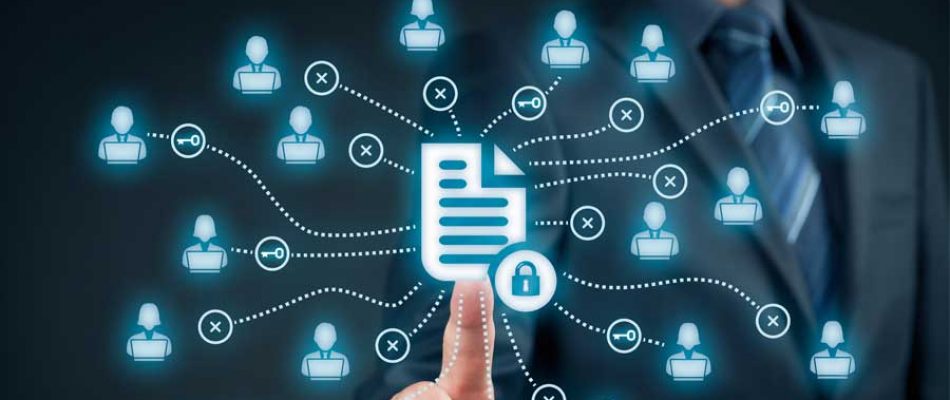Telecom & Technology Consulting

Five months into the COVID-19 pandemic, I think it’s safe to say that most of us have adjusted to spending the majority of our time at home. We cook more. We read more. We’re not as restless as we were during the first weeks of the lockdown. We’re using telemedicine to communicate with our doctors. Video meetings – with colleagues, family members and friends – have transformed from novelty to the norm.
Outside of our homes, in the world of business, another trend has morphed into a common practice. That’s been the rise of data sharing, especially data from the Internet of Things (IoT). Companies have always shared data to adapt to changing customer demands and behaviors. Now countries are doing something similar to help combat COVID-19. They’re connecting cellphone, credit card, point-of-sales, and health data to track and trace people who have come into contact with infected individuals. Some may feel this approach borders on a Big Brother, “surveillance state” mentality. But wherever you stand on the issue, we must use some form of technology to eradicate this virus and get society healthy again, both on a humanitarian and economic level. And that can only happen via data aggregation and sharing.
There are many benefits to data sharing. The information that’s stored in our cars, smartphones, retail stores and homes (to name just some locations) allows for the possibility of smart cities. And the dire need to contain COVID-19 has accelerated data sharing. For example, the government in Singapore has implemented an opt-in Bluetooth program, where an individual’s smartphone tracks each contact they have with other people. Then, they get a notification if any of those people get sick.
Data sharing also fosters innovation. Governments in cities around the world have been sharing their respective COVID-19 data, which increases insight and, in turn, the speed of developing viable solutions to the pandemic. Contact data, in itself, aids in the tracking of the spread of COVID-19. When governments combine contact and health data, private and public health experts develop a new understanding about COVID-19 while enhancing the results of contact tracing.
As is the case with any innovation throughout history, data sharing has become useful beyond its original intent. For example, at the dawn of smartphones, manufacturers could have no idea that Bluetooth technology and Wi-Fi-enabled location tracking could help to solve a worldwide pandemic. But data sharing has become one of the ideal tools to help health officials do their jobs.
Of course, all innovations – and adaptations of those innovations – have built-in potential risks. For one, when sharing IoT data, it can be challenging to control how that data is applied. To illustrate this point: While contact tracing can stop the spread of COVID-19, data can end up in the IT systems of parties that users never could have foreseen. For example, data could be used for marketing and insurance optimization, which are both completely out of the scope of purposes the user considered when agreeing to share their data.
Another problem is that data aggregation can create difficulties regarding privacy. Location data is simply hard to make anonymous. Think of your driving habits – from home to work, from work to your kid’s school, from the school to the local supermarket. No one else has that same exact chronology of habits. But when any so-called “anonymous” data gets combined with other data, it becomes extremely challenging to hide an individual’s identity. From the perspective of the fight against COVID-19, businesses and governments alike must walk the fine line between technological solutions and privacy protection.
In the long run, independent of issues related to COVID-19, organizations must develop new applications for data, as well as innovations for creating value from data sharing. Concurrently, they need to ensure that updated data collection processes will fully protect privacy and security.
That said, the need for the aforementioned innovations will come as no surprise to those deep in the world of technology. Many companies and entrepreneurs were already working on better data-sharing solutions pre-pandemic. It’s simply that necessity, once again, is the mother of invention: The dire health and economic crisis has pushed them to work that much harder to develop the right solutions. Hopefully, their efforts will ultimately save lives and boost the economy.